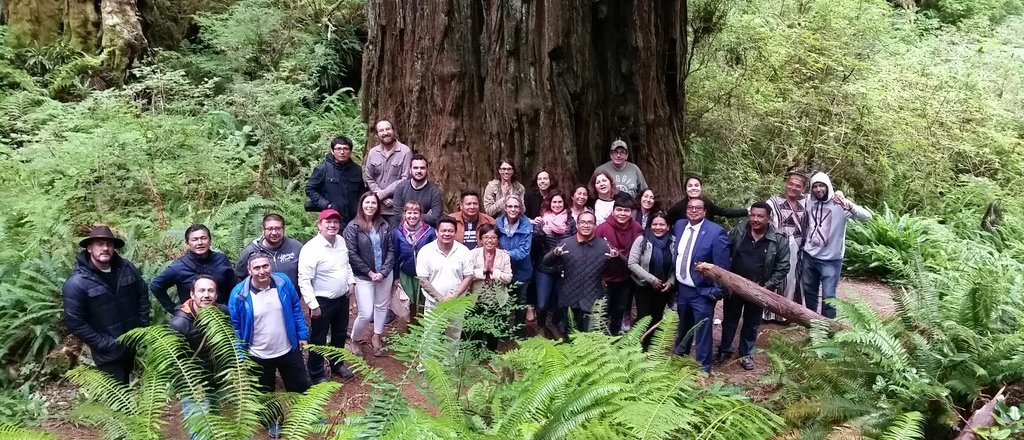This meeting was organized by the GCF Task Force’s technical secretary and the Earth Innovation Institute (EII). It took place between August 21st and 24th of 2017 in California with the following objectives:
- Exchange knowledge between Indigenous People, Traditional Communities and subnational governments in relation to existent alliances.
- Establish a community of actors that can support the team with knowledge and financial resources to boost the activities designed by the Group of Governors for Climate (GCF), Indigenous People and Traditional Communities.
- Establish an strategy or route to implement collective actions.
Nearly 30 participants attended to this event, representing Indigenous People, Traditional Communities, and technical and non-governmental organizations of the GCF members.
The event had three key moments:
- Discussions and exchanges: presentation of «successful models of participation», regional discussion tables about the «guiding principles for the construction of alliances between subnational governments and Indigenous People, and Traditional Communities». Vision consolidation and common causes.
- Visit to Yurok Indian Reservation: introduction to the history and current context of this population, meeting with the tribal council, discussions and reflections around the REDD+ experiences.
- Actions and proposals: meeting conclusions, presentation of a work plan, and future actions and next steps discussions.
The meeting represented a step towards the conformation of a joint work platform that includes effectively the Indigenous People and Traditional Communities in the actions and policies developed by the GCF Task Force, as established by the Rio Branco declaration, signed by representatives of the subnational governments in 2014.
In this sense, although it was not possible yet to consolidate an agenda and work route, as well as a formal proposal to discuss in the next meeting for governors, the GCF Technical Secretary and the Earth Innovation Institute defined the next steps in the short term:
- Circulation for the evaluation and contributions for common guiding principles in order to elaborate a joint declaration as a result of the meeting: «The Klamath declaration».
- Formal conformation of a GCF – Indigenous People and Traditional Communities work group, with governmental, non-governmental, indigenous and research groups participation. Webinar organization to establish the group’s functioning basis with an undetermined date for now.
- Presentation of The Klamath declaration in the next GCF meeting to sustain the Rights and Ways of Life of Indigenous People and Local Communities section.
- Joint elaboration of agendas and work routes after the consolidation of the GCF – Indigenous People and Traditional Communities specific work group.
For the first time, AMAN incorporated to the GCF work group, while 7 subnational governments of Indonesia (Aceh, east, north, west and center Kalimantan, Papua y Papua Oeste) are part of a group of governors. They understand the work table as a space of direct impact to protect the forests and to push policies in terms of indigenous and territorial rights, specially in the national and subnational context. Along with the Inobu Institue (EII’s local representation), we have prepared a document with a synthesis of principles and activities to be presented in the next meeting in Kalimantan. The document resumes the general messages of the global alliance, and adds others of the national context, as a way of mapping indigenous and communitarian territories.
AMAN, AMPB and COICA understand the importance of the GCF mechanism as a space of local and global impact to position their messages. Thus, they showed their disposition to participate in the next meeting between the 25th and 30th of september in Balikpapan, Indonesia.

